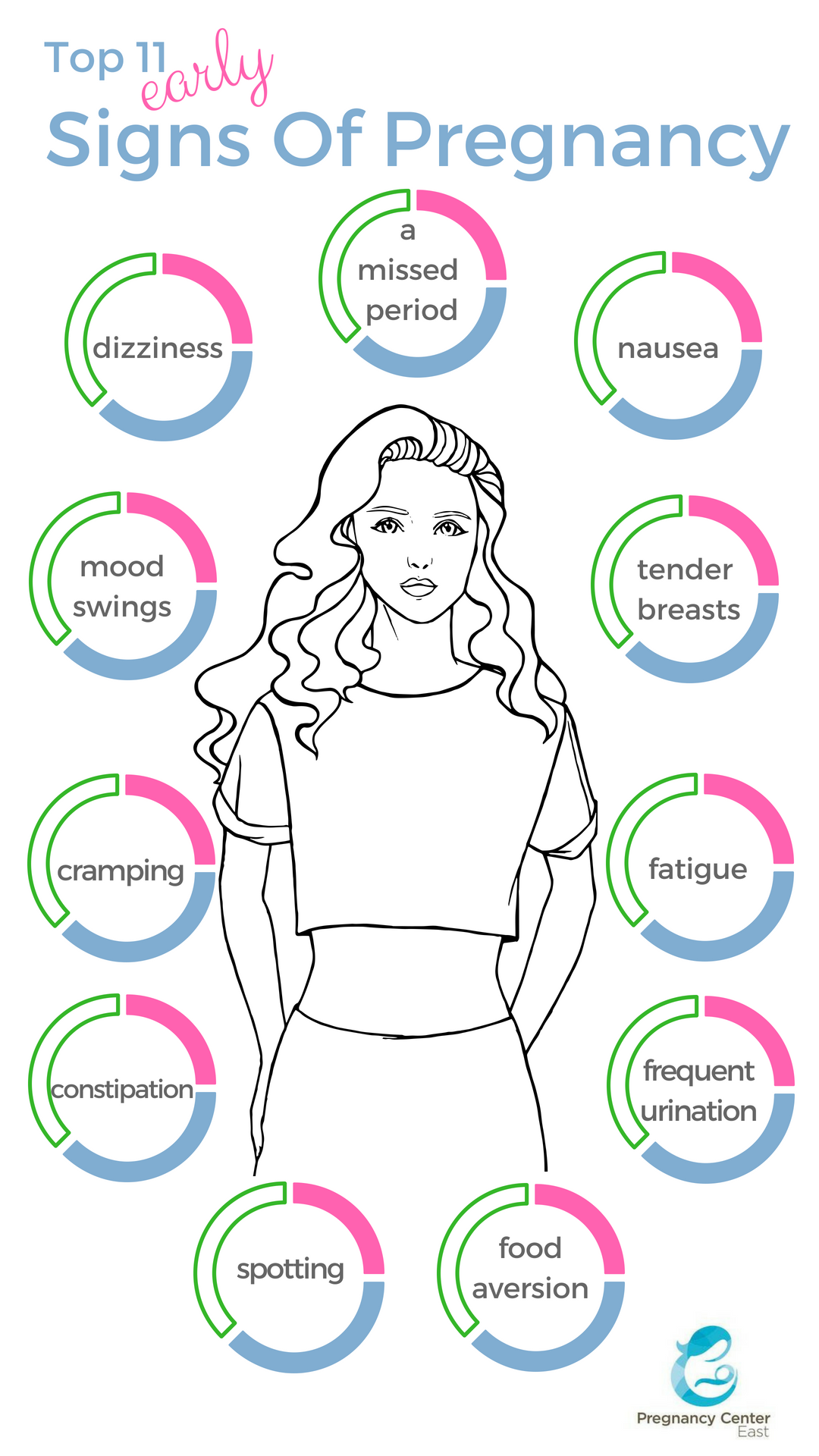
Very Early Pregnancy Dizziness: Causes, Symptoms, and Relief
Pregnancy is a time of significant physical and hormonal changes, and one of the most common early symptoms is dizziness. While dizziness during pregnancy is usually not a cause for concern, it’s important to understand the underlying causes and how to manage it effectively.
Causes of Dizziness in Early Pregnancy
- Hormonal changes: The surge in pregnancy hormones, particularly progesterone, can cause blood vessels to dilate, leading to a drop in blood pressure and subsequent dizziness.
- Increased blood volume: As the pregnancy progresses, the body’s blood volume increases to support the growing baby. This can also contribute to lower blood pressure and dizziness.
- Low blood sugar: Morning sickness and frequent vomiting can lead to dehydration and low blood sugar levels, which can cause dizziness and lightheadedness.
- Anemia: Iron deficiency anemia, common during pregnancy, can reduce the number of red blood cells carrying oxygen to the brain, resulting in dizziness.
- Orthostatic hypotension: This condition occurs when blood pressure drops suddenly upon standing up, causing dizziness or fainting. It’s more common in pregnant women due to hormonal changes and increased blood volume.
Symptoms of Dizziness in Early Pregnancy
Dizziness during early pregnancy can manifest in various ways, including:
- Lightheadedness
- Feeling faint or near fainting
- Vertigo (a sensation of spinning or tilting)
- Unsteadiness or loss of balance
- Nausea and vomiting
- Blurred vision
- Headache
When to Seek Medical Attention
While dizziness during early pregnancy is usually not a cause for alarm, it’s important to seek medical attention if you experience:
- Severe or persistent dizziness
- Dizziness accompanied by chest pain, shortness of breath, or rapid heart rate
- Dizziness that worsens or does not improve with rest
- Dizziness that interferes with daily activities
- Any other concerning symptoms, such as vaginal bleeding or abdominal pain
Relief for Dizziness in Early Pregnancy
Managing dizziness during early pregnancy can help improve comfort and prevent potential complications. Here are some effective strategies:
- Stay hydrated: Drink plenty of fluids, especially water, to prevent dehydration and maintain blood volume.
- Eat regular meals: Avoid skipping meals to prevent low blood sugar levels. Choose nutrient-rich foods to support overall health.
- Get enough rest: Rest when you feel dizzy. Avoid strenuous activities or prolonged standing.
- Elevate your feet: When sitting or lying down, elevate your feet to improve blood flow and reduce dizziness.
- Avoid sudden movements: Stand up slowly and avoid quick transitions from sitting to standing.
- Wear compression stockings: These can help improve blood flow and reduce orthostatic hypotension.
- Take iron supplements: If you have anemia, your doctor may recommend iron supplements to increase red blood cell production and improve oxygen delivery to the brain.
- Consider acupuncture: Some studies suggest that acupuncture may help relieve dizziness during pregnancy.
Prevention of Dizziness in Early Pregnancy
While not all cases of dizziness can be prevented, certain measures can help reduce the risk:
- Maintain a healthy weight: Being overweight or underweight can increase the risk of dizziness during pregnancy.
- Exercise regularly: Regular exercise can improve blood circulation and reduce the likelihood of orthostatic hypotension.
- Avoid caffeine and alcohol: These substances can dehydrate you and worsen dizziness.
- Get enough sleep: Adequate sleep helps regulate hormones and reduces the risk of dizziness.
Conclusion
Dizziness during early pregnancy is a common symptom caused by various factors. While it’s usually not a serious concern, it’s important to understand the underlying causes and how to manage it effectively. By following the recommended strategies, pregnant women can minimize the impact of dizziness and enjoy a comfortable and healthy pregnancy. If dizziness persists or worsens, seeking medical attention is crucial to rule out any underlying medical conditions and ensure the well-being of both the mother and the baby.